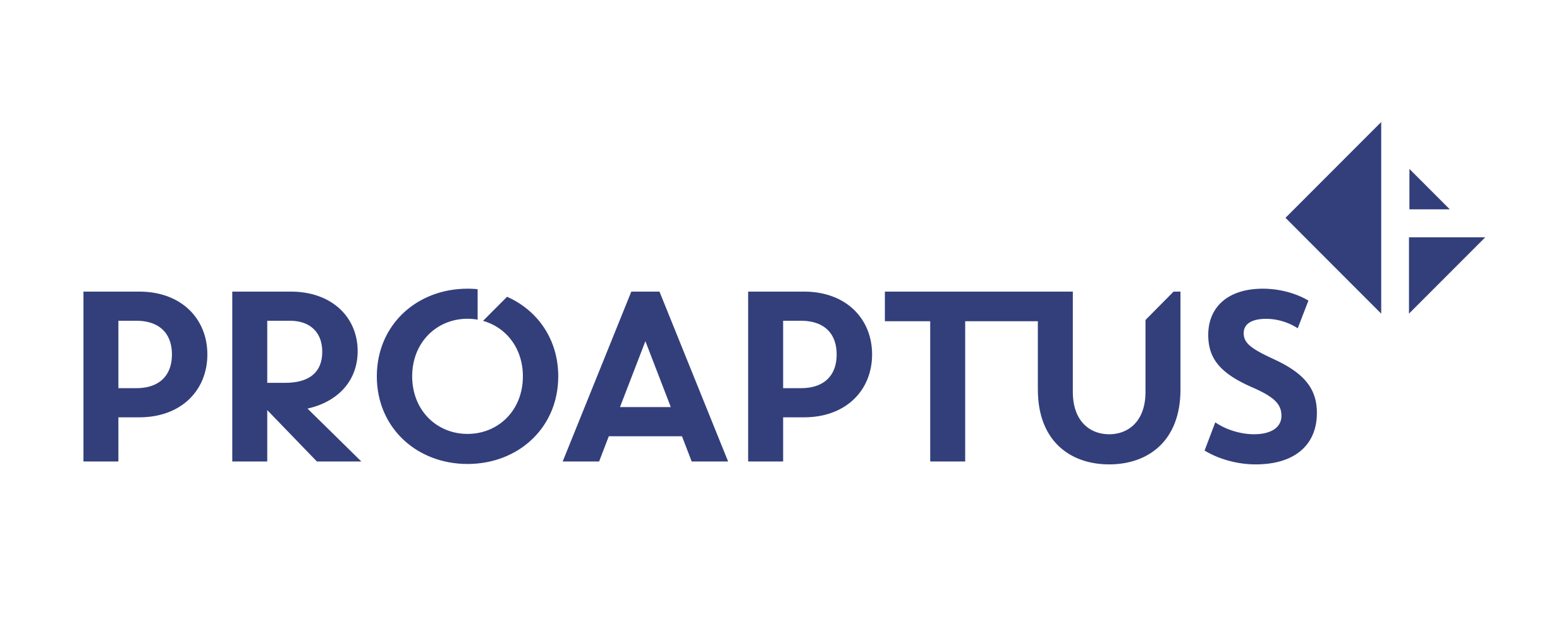Real-World Application
Deep learning harnesses advanced algorithms that allow machines to learn autonomously and make complex decisions. This has made deep learning especially attractive for applications in fields like healthcare, finance and autonomous vehicles, where accurate readings and predictions can make the world of difference.
Its ability to help systems predict disruptions and enhance safety is revolutionising many industries. For example, the automotive industry has been quick to adopt deep learning, using it for everything from predictive maintenance to improving vehicle safety features.
Analysing large amounts of data, deep learning algorithms can identify patterns signal risks. This means that businesses across a range of industries can work together with data scientists to develop innovative solutions that improve safety, boost efficiency and drive revenue growth.
Recognising complex relationships ensures ample opportunity to head off potential dangers from equipment failures to adverse reactions to treatments, or detecting fraudulent transactions by flagging unusual spending patterns.
Manufacturing Predictions
Leverage operational equipment data to anticipate malfunctions before they arise.
Healthcare Insights
Spotting everything from a patient’s unexpected reactions to treatment to changes in health.
Finance Tracking
Detects fraudulent transactions by flagging unusual spending patterns, enhancing security
Building Autonomy
Establishing data-rich feedback loops and integrating their insights effectively for peak autonomy
Building Autonomous Systems with Deep Learning
- Robust data collection, precise model training, and real-time integration.
- High-quality data from sensors and logs, careful calibration of algorithms to reduce false alarms, and careful integration into live environments for accurate predictions and alerts.
- Continuous learning is vital, allowing AI systems to adapt as conditions change.
- Security, ethics and compliance are also crucial, especially in sensitive industries like healthcare and finance.
- Ensuring regulatory compliance and data protection fosters trust and safety.







